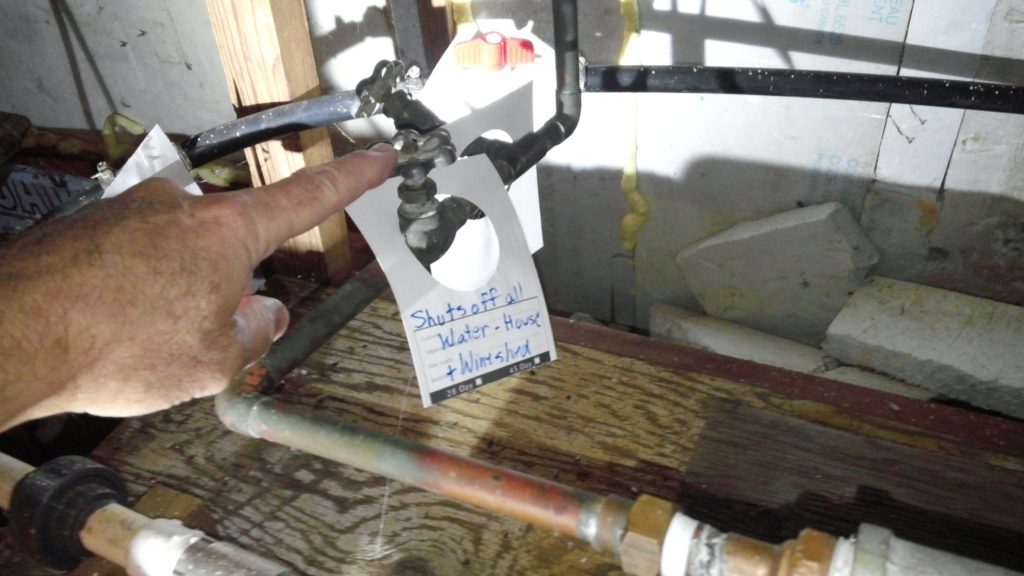Abstract: Keats Island Home Inspector notes on learning how to operate house systems as they were meant to be used by the seller. The buyer needs the seller’s instructions.
On a recent Keats Island home inspection, I had the opportunity to witness such a high level of co-operation between the buyer and seller, that I thought it most beneficial to share some of the insights gained.
The buyer had an agreement with the seller to come over and stay with them, as often as would be required, in order to learn in-person, how to maintain and operate the property.
Every recreational property is unique and special in terms of how major systems operate. This includes the water supply, electrical generation, plumbing, freeze protection, rain storage and septic systems… to name just a few.
The seller’s knowledge is indispensable for these reasons:
- The seller has normally spent decades in developing and improving upon how each system should operate, optimally.
- The seller knows through bad experience, what not to do.
- The seller will not be able to remember half of what needs to be said, demonstrated, cautioned or written down… without adequate time for this crucial task.
- The seller knows the correct way to winterize the property. The seller knows how to open up the property at the start of season.
- The seller has a list of knowledgeable people who can maintain and service their property. This information is ‘pure gold’ because it was most likely acquired through a long process of trial-and-error.
So, how is the buyer to capture all of the above?
- The buyer should visit the seller numerous times before the closing date, to learn about the property. This may include sleep-overs or staying at another property nearby.
- At every visit, the buyer should learn more about the care and operation of their vacation cottage. Repeat visits are in order until the buyer is confident in their abilities.
- If there is no hard-copy of instructions, the buyer should write them down as the seller demonstrates every system. Better yet, use video to record the procedures.
- For a seasonal property, that is, one that is not used for part of the year, the most often ignored but critically important stages are how to winterize the cottage. A forgotten step can lead to huge damages when burst water line is left to its own for months at a time in a vacant property.
- Get the seller’s contacts list for who to call in case of trouble or repairs.
- Meet the neighbours. They will have a wealth of information, strong backs, a tool shop with the widget you desperately need and the good humour to get you through a difficulty.
Every minute that a buyer and seller spend time together to review operating and maintenance procedures of a recreational property is a valuable “lesson learned”. It can save the buyers (and future owners) major time and money when they know how to deal with both routine and unexpected situations.

